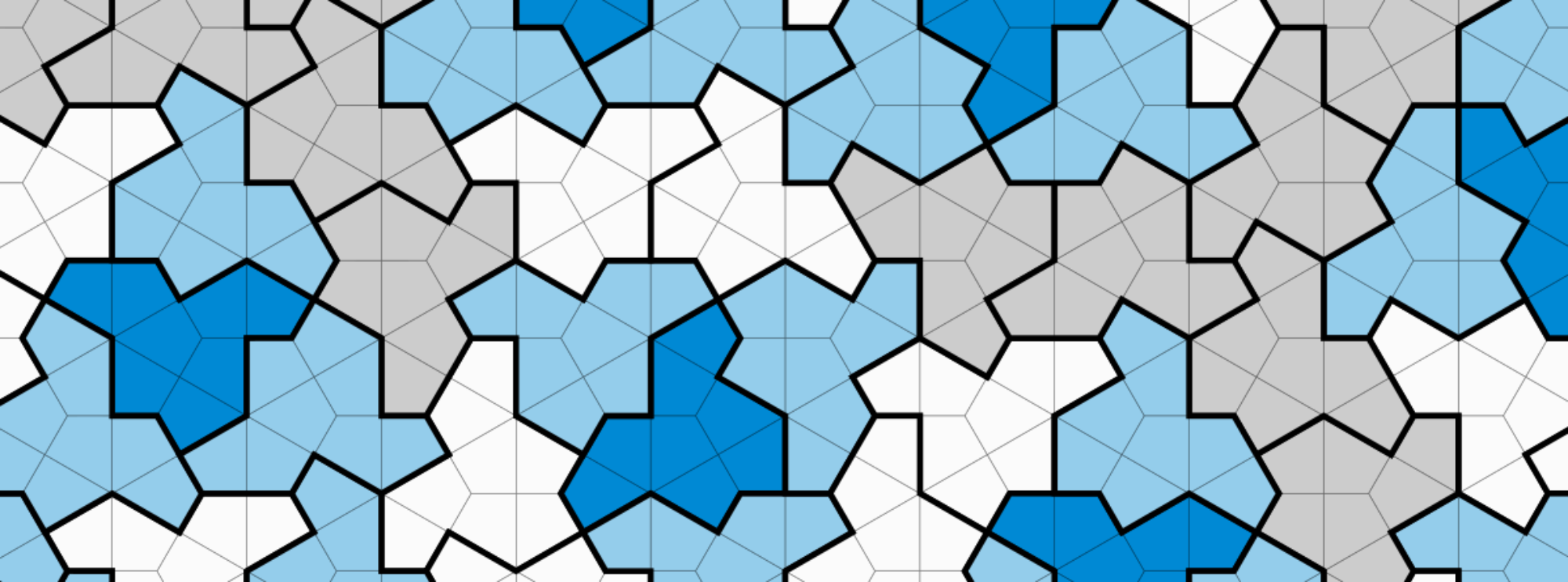Define the Dihedral group \( D_n \) (\( n > 2 \)) to be the group of Euclidean isometries of \( \mathbb{C}^2 \) that map the \( n \)-th roots of unity to themselves. We claim that \( D_n \) has \( 2n \) elements. First, by the classification theorem of isometries fixing the origin, all elements of \( D_n \) must be rotations or reflections. Now, it is easy to see that all rotations in \( D_n \) must be of the form \( r^k \), where \( r = \frac{2\pi}{n} \), and that these are exactly the rotations in \( D_n \). Let \( s \) be the reflection that represents complex conjugation (reflection about the \( x \)-axis). Clearly \( s \) must be in \( D_n \). Further \( sr^k \) must be in \( D_n \). Now, we claim that all reflections in \( D_n \) must be of the form \( sr^k \). Indeed, suppose \( \rho \) was a reflection in \( D_n \). Then \( s\rho \) must also be in \( D_n \). But \( s\rho \) is a rotation, so it must be of the form \( r^k \), and that means that \( \rho \) must be of the form \( sr^k \). Therefore, in total we get \( 2n \) elements. Namely, \[ 1, r, r^2, \dots, r^{n-1}, s, sr, \dots, sr^{n-1} \]
